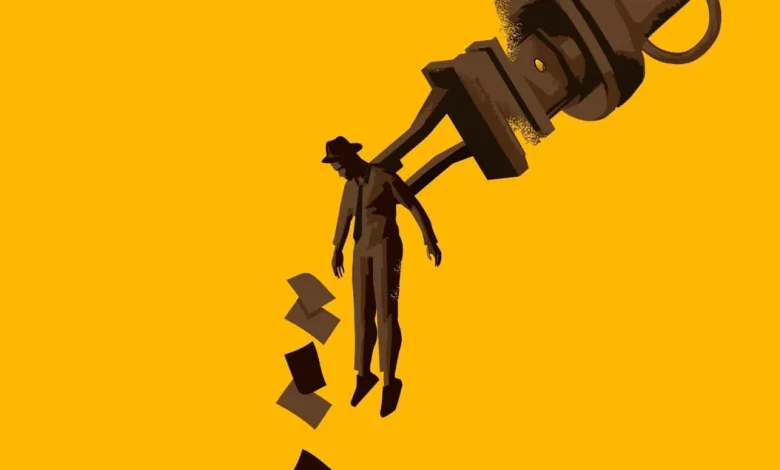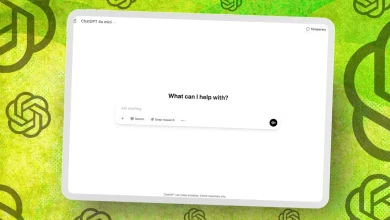
What If an AI Could Predict Your Every Move?
As predictive AI gets smarter, could it really know what you’ll do before you do? Here’s why that’s both cool—and a little creepy.
Ever had a moment where you thought of something—say, a new pair of sneakers—and boom, an ad for them shows up online? You didn’t search it, you didn’t say it out loud. It just… appeared. That’s the kind of spooky magic predictive AI is starting to pull off. And it’s only getting sharper.
Imagine this happening not just once, but every day. Your habits, moods, decisions—even the things you don’t say—could all be mapped, measured, and predicted by algorithms trained to know you better than your best friend. Sounds impressive, right? Maybe even helpful. But it also opens up some big questions.
Helpful Assistant or Digital Overlord?
Let’s be real: there are perks to predictive AI. It can remind you of birthdays, suggest songs you’ll love, or even predict when you’re likely to skip lunch and need a snack. It’s all about convenience and personalization. And most of the time, we love it.
But what happens when that convenience turns into surveillance? When a system knows how you’ll react before you do, it’s no longer just helping—it’s influencing. Think of it like a super-smart friend who always finishes your sentences… except this one’s watching your every click, scroll, and sigh to do it.

Are We Giving Too Much Away?
Here’s the thing: predictive AI doesn’t just guess. It learns from your online behavior, location, emails, shopping history—you name it. Over time, it builds a digital version of “you” that gets updated constantly. That means it might know your favorite pizza topping, but also your fears, insecurities, and stress triggers.
This kind of power raises some big ethical flags. Who controls the AI? What if it gets something wrong? Could it be used to manipulate your choices—like nudging you toward certain news, products, or even political opinions? With great data comes great responsibility… or at least it should.

So, What’s the Future of Predictive AI?
We’re likely headed into a future where predictive AI becomes even more woven into daily life. It’ll guess what you want to eat, suggest who you should date, maybe even help you choose your next career move. For some, that sounds amazing. For others, a little too Black Mirror.
The key is balance. We need transparency about how these systems work, stronger protections for our data, and more control over how we interact with AI. After all, knowing what we want before we do is a neat trick—but choosing for ourselves is something no machine should take away.



